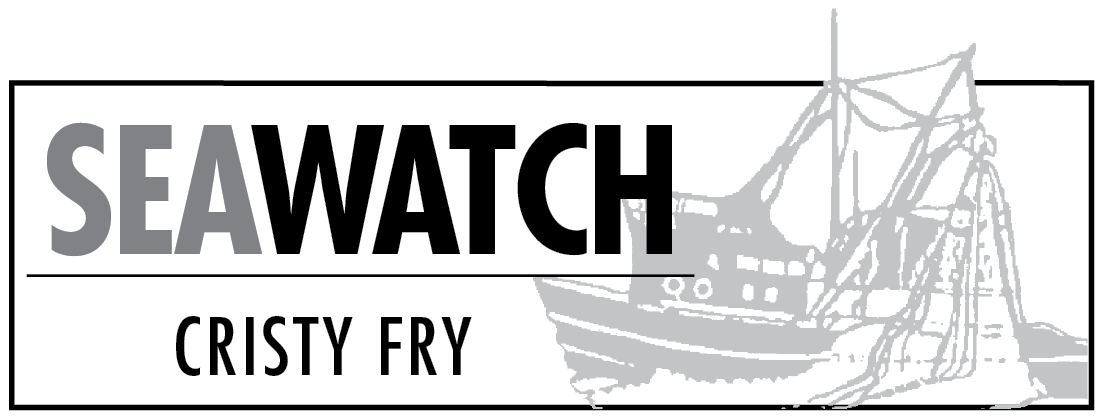There is quite a bit of fisheries-related legislation flying around the Capitol at the beginning of the legislative session that began Jan. 19.
In addition to the bill being worked on in the House Fisheries Committee to establish Community Permit Banks, there is also legislation to ban the Alaska sale of genetically modified seafood, dubbed “Frankenfish,” HB 238 bill submitted by House Resources Committee member Rep. Geran Tarr, D-Anchorage.
Also, Rep. Charisse Millett, R-Anchorage, and others have submitted HB 241 which would add a surcharge to non-resident permit holders when renewing their permits.
Plus, Rep. David Talerico, R-Healy, has submitted a bill, HB 220, that would allow qualified individuals or corporations to engage in fisheries enhancement.
HB 220 would establish a fisheries enhancement permit that would allow those entities to “remove fish from state water, collect gametes or fertilize and incubate eggs taken from the fish, and place the incubated and fertilized eggs or hatched fish in the same or other state water.”
It would also allow those individuals to enhance habitat and augment nutrients in state water to aid the survival of fish.
There are several restrictions on the enhancement activity, including requirements that it take place in areas where subsistence goals have not been met or there are no escapement goals, and where there are natural or man-made barriers.
There is also a prohibition on introducing invasive species.
Talerico said the original impetus for the bill came from members of the Tanana Chiefs Conference which was looking for possible ways to enhance king salmon habitat on the Upper Yukon River.
He said he has done some research into moist air incubators as a relatively portable, inexpensive method of hatching fish, and thought it could be used by groups wanting to help enhance runs.
“With the budget so tight, do we have anyone interested in helping us get this fish population back for food security?”
He said that his office has been working with the Alaska Department of Fish and Game on the bill, and any project that went as far as the permitting stage would have to have their approval.
“Honestly, the bill is written that you have to have a well-defined project that’s approved by Fish and Game before you can do any of this,” Talerico emphasized.
Between the fee and the cost of incubators, he does not anticipate permits flying out the door.
Cristy Fry can be reached at realist468@gmail.com.


